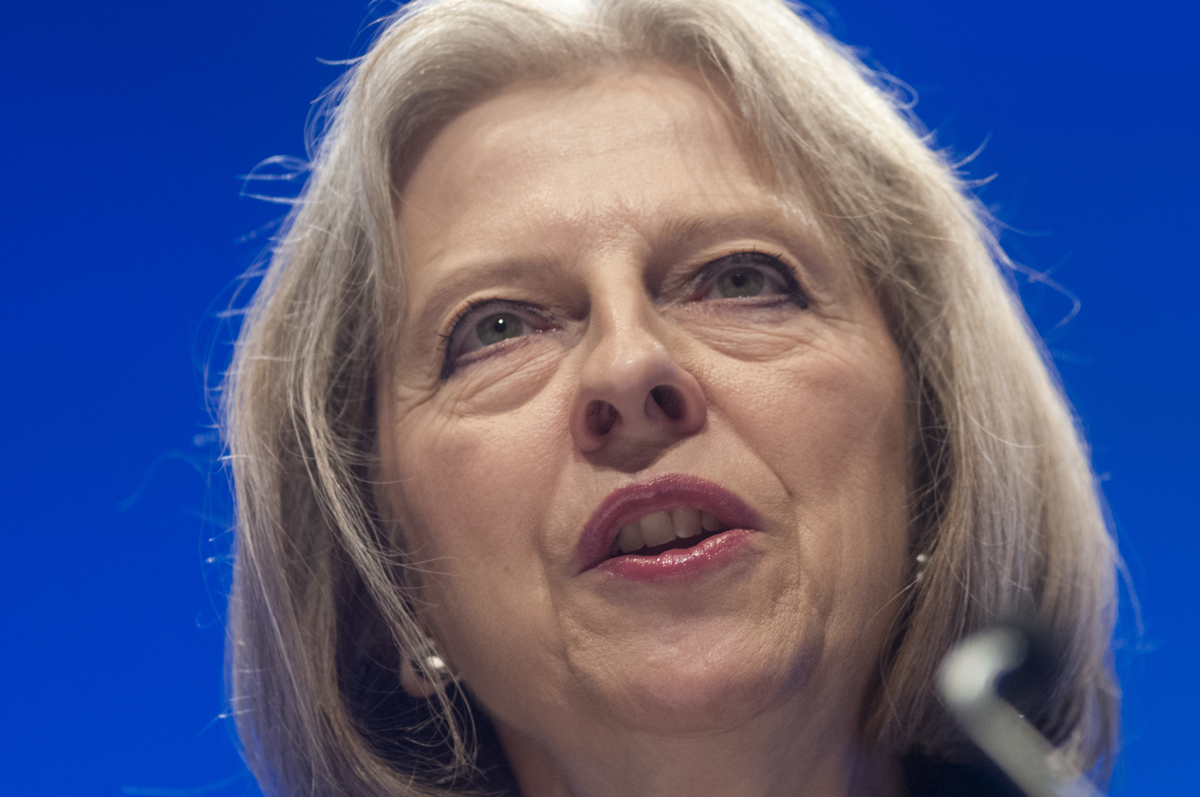Police stop and search powers to be revamped
POLICE officers are to be assessed on their “fitness to use stop and search powers” and could be disciplined if they are incorrectly using them, the Home Secretary has announced.
Theresa May (pictured) told the House of Commons on April 30 that officers are to also receive “unconscious bias awareness training to reduce the possibility of prejudice informing decisions” when it comes to using the power.
Mrs May told MPs that “stop and search should be used less” by police officers and that “it should be used fairly and it should be targeted”.
The Home Secretary was reacting after a probe by Her Majesty’s Inspectorate of Constabulary showed that across England and Wales, 27 per cent of the stop and search records examined did not contain reasonable grounds to search people, even though many of these records had been endorsed by supervising officers.
Mrs May described this finding as “deeply concerning” and “shocking.” She said that if officers are not using powers correctly “then action will be taken against them”.
She announced that PACE Code A which states what “reasonable grounds for suspicion” in stop and search is to be revised making “absolutely clear” what “reasonable grounds” is.
The Home Secretary said: “While [stop and search] is undoubtedly an important police power, when it is misused stop and search can be counter-productive.
“First, it can be an enormous waste of police time. Second, when innocent people are stopped and searched for no good reason, it is hugely damaging to the relationship between the police and the public. In those circumstances it is an unacceptable affront to justice.”
Mrs May said that public consultation showed that 76 per cent of people aged between 55 and 74 thought stop and search powers are effective but only 38 per cent of people aged between 18 and 24 agreed. While 66 per cent of white people thought stop and search powers are effective, only 38 per cent of black people agreed.
Mrs May told the Commons: “We do need to restore stop and search in terms of the confidence that the public has in it…It is an important power but if it is misused then it falls into disrepute.” She said it needed to be used “properly and effectively”.
She said that the College of Policing will be reviewing the national training of stop and search “with a view to developing robust professional standards for officers on probation, existing officers, supervisors and police leaders. I have asked the College to include in this work unconscious bias awareness training to reduce the possibility of prejudice informing officers’ decisions.
“As part of that review, I have also asked the College to introduce an assessment of officers’ fitness to use stop and search powers. I want this to send the clearest possible message – if officers do not pass this assessment, if they do not understand the law or they do not show they know how to use stop and search powers appropriately, they will not be allowed to use them.”

